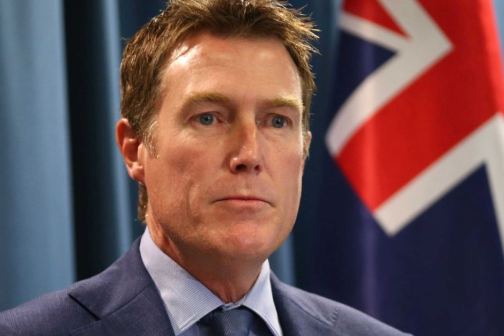 English
English

Australian prosecutors need government permission before they can file charges against local journalists, Attorney General Christian Porter said on Monday.

Sydney: Australian prosecutors need government permission before they can file charges against local journalists, Attorney General Christian Porter said on Monday.
Australian police in June raided the head office of the government-funded Australian Broadcasting Corp (ABC) in Sydney and the home of a News Corp editor on suspicion of receiving national secrets.
Also Read: Australia offered help in May for White House probe of Mueller inquiry
The raids, which involved police examination of about 9,000 computer files at the ABC, and sifting through the female News Corp editor’s underwear drawer, according to media reports, have drawn criticism from around the world. The British Broadcasting Corporation calling them “deeply troubling.”
Porter said he told prosecutors the attorney general’s approval was needed before any prosecution.
Also Read: Amazon helps deliver crocodile-spotting drones in Australia
“This will allow the most detailed and cautious consideration of how an allegation of a serious offence should be balanced with our commitment to freedom of the press,” Porter said in an email.
Porter said the directive to the Commonwealth Director of Public Prosecutions (CDPP) was issued on Sep. 19.
Under Australian law, prosecutors can file charges if the CDPP deems they have a reasonable chance of conviction and the prosecution is in the public interest.
Also Read: Australia's most populous state revamps law on abortions
The ABC said the raid on its office was in relation to 2017 stories about accusations of military misconduct in Afghanistan, while News Corp has said the raid on its employee concerned an article about government plans to spy on Australians’ emails, text messages and bank accounts.
Australia has no safeguards for free speech in its constitution. When the government ratcheted up counter-espionage laws in 2018, it added a provision to protect whistleblowers. (Reuters)